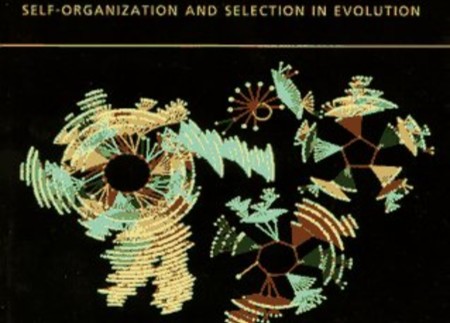We all know the briefing scenes from film and television: here's the problem, go and solve it. Use all means you have available. We will reward you handsomely. We don't want to know how you do it, and if you get caught, then we don't know you and we'll deny that we gave you any assignment. The secret agent nods dutifully and resolutely, pops round the science department for the latest technological update and then goes off to solve the problem. And he does so in a way that is so inventive, adventurous and sexy that his bosses can't even begin to understand how it works.
The way in which we deal with computers is beginning to show more and more parallels to the classic relationship between the ruler and the secret agent. I'm not referring to the fact that most people don't know how their computers work, and thus aren't fully aware of the influence that the thing has on their working methods. We're quite used to that; after all, we still don't really know exactly how our cars and clocks work, either. We put our trust in the technologists and stick to the arrangements: if we drive ourselves to death or arrive too late, it's our own fault and not the technician's. We know that somewhere there's someone who understands exactly how our device works. We trust that this person has built the device with good intentions. Criticism of the manufacturers of our tools always accentuates relative side issues such as the pursuit of profits, market manipulation, expansion of production workers and pollution of the environment. The basic trust remains that the technological product itself tries to be a well-intentioned fulfillment of our needs. People trust people.
Computers are made by people. And thus people trust computers. If something goes wrong with the computers, then it's the mistake (stupidity) of the person who made and programmed the computer. The millennium problem (which, by the way, should really just be called a century problem; why is something so banal imbued with the extra glamour of the millennium?) is a reassuring example. It's a global horror scenario that can be understood by everyone: the little timers in all our devices gone awry. Goodness gracious, how inconvenient of the programmers. That they hadn't even thought of that; soon nothing will happen on time anymore! Pay better attention next time, boys!
Meanwhile, the developments in genetic programming are spinning ahead rapidly without anyone asking about what the consequences might be. Genetic programming is the practical application of artificial life principles such as Tom Ray applied them in his Tierra project: the principle that computer programs are created according to a eugenic principle. In other words, instead of still having to write the programs themselves, the computer scientist of the next century will simply breed them. The algorithms reproduce themselves in congeneric (binary) fashion in test tube computers. Thus code is created which is no longer devised by a person and which is thus also no longer limited by human logic. These new algorithms are made by other algorithms. The value of the practical application is determined by the preconditions which the computer scientists impose on the evolutionary process. Thus a superior code is created which becomes more and more difficult for humans to understand. Computer scientists euphemistically call the results of the genetic process surprising, yet often they also have to admit that they can no longer see how it works. Therein as well lies the future promise of genetic programming: you get even further than you had thought you would.
The comparison with the secret agent presents itself unrelentingly here: if we can't manage something ourselves, we call in a superior actor who solves the case in an inimitable way.
This actor doesn't only solve his cases in his own way, he also has his own motives. He's not an honest soldier who's willing to die for the fatherland. Indeed, perhaps it's precisely these private motives of his, which aren't entirely clear to his bosses, which make him a superior weapon in the fight against evil. Yet they also make him untrustworthy, sometimes even diverting him in the middle of an assignment or, in the worst case, allowing him to becomes a double agent. And sometimes, of course, he just makes a big mess of things.
Whether the analogy between secret agent and genetic algorithm can be extended that far is something we'll discover ourselves as things develop further. In any case, it marks an important turning point in the history of technology. Over the past centuries, we've increasingly made use of technical solutions that we can properly understand. The operation of a wristwatch, the combustion engine, air conditioning and computers can all be transparently considered in a reassuring, Leonardo da Vinci kind of way. They were created by human analytical ingenuity. We've since even developed the habit of distrusting and denying technologies and phenomena which we don't properly understand.
There are many processes which we have been blindly trusting for years, such as the fermentation of nutrients and stimulants - ignorance of exactly how beer and wine are produced has never held us back from having just one more. Over the past few centuries, however, the secrets have been unraveled more and more. We now have the yeast genome nicely laid out in a little row.
In this light, it's spectacular that the most promising developments in the field of information and automization technology are now becoming increasingly dependent on code which is not understood. A kind of code which is good for solving problems which are not understood. Yet everyone understands that it will definitely be a growth market.
Thus a new wonder-world of nature is being created in the heart of our technology. There will be more and more code which we will not understand, but instead will harness or exploit. And this is becoming this turn of the century's most significant societal transformation. Western culture will have to make its further development dependent on something that, instead of more and more, will be understood less and less.
And that's why we're dedicating this issue of Mediamatic to the secret agent.
translation douglas heingartner

















